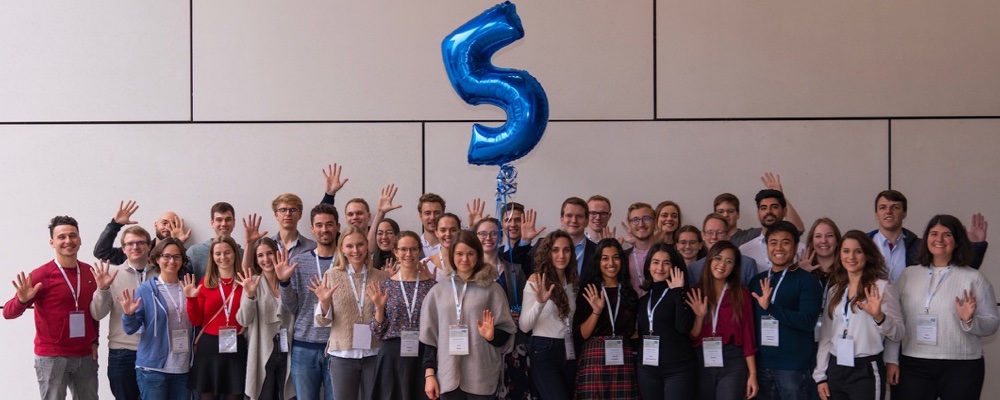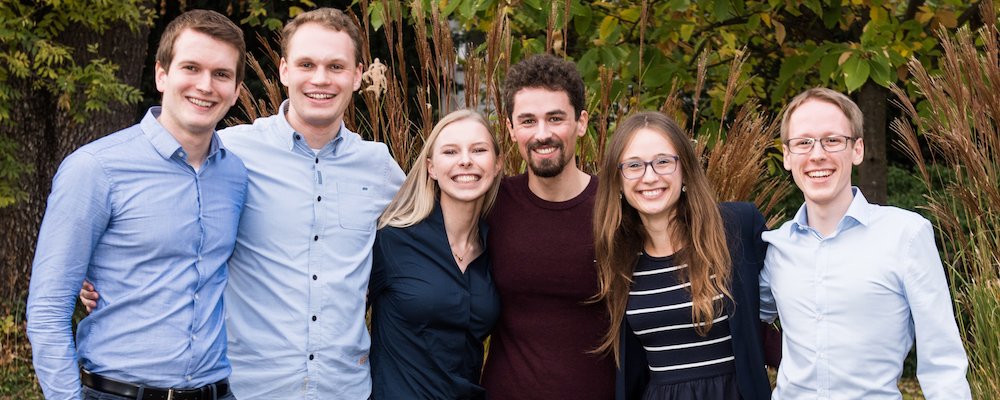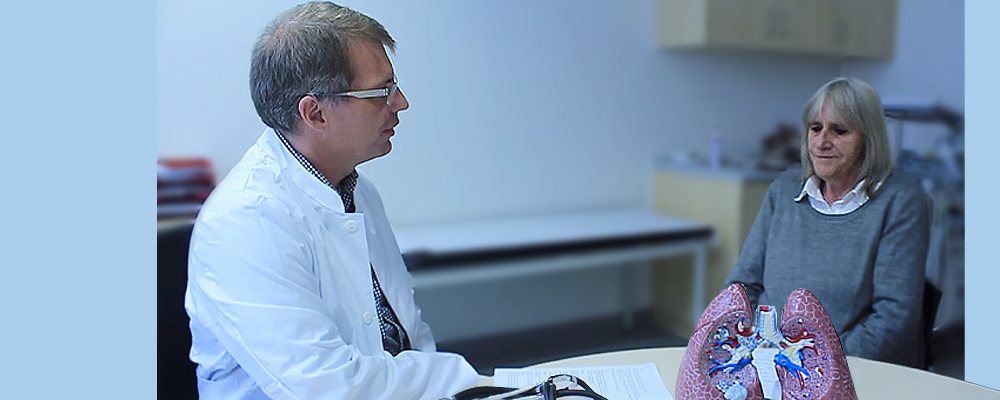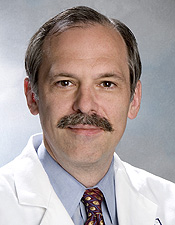World-renowned physicians and leaders of medical research individually facilitate our efforts by providing clear statements of support.
Faculty from Harvard Medical School and affiliated teaching hospitals:
Dr. Jeffrey Mark Drazen, MD
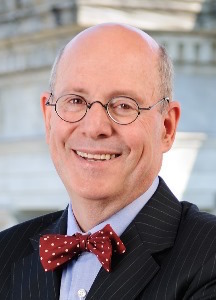
The NEJM Editor-In-Chief
![]()
Distinguished Parker B. Francis Professor of Medicine
![]()
Statement: “I am delighted to fully support the Education Against Tobacco project as networking in teams and taking responsibility in community settings prepare for a successful career in medicine and research.”
Dr. Nancy A. Rigotti, MD
Professor, Department of Medicine, Harvard Medical School
Professor, Department of Population Medicine, Harvard Medical School
Director, Tobacco Research and Treatment Unit, Massachusetts General Hospital
![]()
Statement: “The Smokerfaceapp is a novel and creative strategy that might help to prevent adolescents from starting to smoke. It deserves to be carefully evaluated. The field of tobacco control is in need of new and better ways to keep youths from becoming addicted to nicotine and this idea could be one of them. I support the efforts of Mr. Titus J. Brinker to develop and test this innovation and to engage medical students in activities to reduce the enormous health burden of tobacco use, the leading preventable cause of death worldwide.”
Dr. Anne Louise Fuhlbrigge, MD, MS
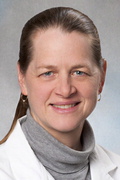
Clinical Director, Division of Pulmonary and Critical Care Medicine
![]()
Statement: “Preventing tobacco addiction means saving lives. I fully support the EAT project as it reinforces the responsibility of prospective physicians concerning tobacco by novel means of prevention and public education whilst providing powerful networking opportunities. I encourage medical students to participate and medical schools to facilitate local implementation.“
Dr. Steven Mentzer, MD
Professor of Surgery
Statement: “I fully support the EAT Project because of its unique approach to this very important social issue. First, the Project engages the energy, enthusiasm and idealism of medical students. The success of the EAT Project in engaging medical students offers the promise of change that will resonate throughout the professional lives of these young doctors. Second, the Project focuses on prevention in 10 to 16 year old adolescents. Because medical students can make real connections with this vulnerable age group, we have an opportunity to influence attitudes in these youths (and their families) for a lifetime. Third, the connections between 10-16 year and medical students are based not on stale adult marketing campaigns, but on real issues for adolescents. Furthermore, the focus of the EAT Project on assessment and feedback will ensure that the Project will maintain its relevance and effectiveness. Finally, the EAT Project has already demonstrated to participating medical students that individual doctors, bound by a common vision, can make a substantial and enduring impact on their communities and the world.”
Dr. Christopher Hardy Fanta, MD
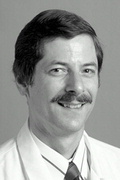
Director, Partners Asthma Center
Associate Professor, Harvard Medical School
![]()
Statement: “As a pulmonologist, parent, and breathing being, I fully support this effective effort to prevent children from starting to smoke cigarettes. Primary prevention (of emphysema, lung cancer, and many other smoking-related diseases) saves lives.”
Dr. Robert Fuhlbrigge, M.D., Ph.D.
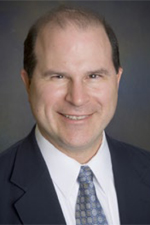
Associate Professor in Pediatrics & Dermatology
Vice Chair for Research
Department of Dermatology
![]()
Director of Research- Pediatric Rheumatology
Division of Immunology
![]()
Statement: “I am happy to fully support the EAT project as it addresses tobacco related problems with a threefold approach which integrates all levels of public education on an undertreated chronic condition. One of our main obligations as physicians is educating our patients. However, there is no reason to wait for graduation to start educating. In contrast, training to deliver complex medical information in layman’s terms within the EAT project is a great way to prepare. It also helps prospective physicians to not loose touch with the less educated part of the population who form the majority of their future patients.”


